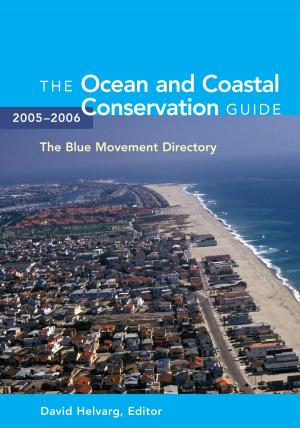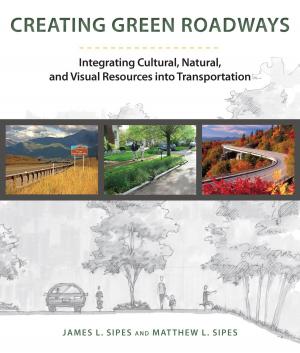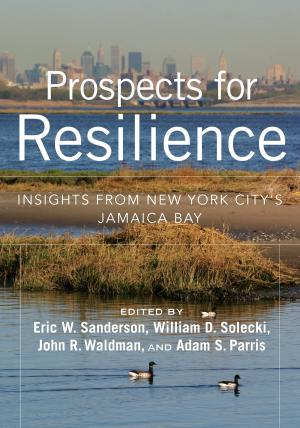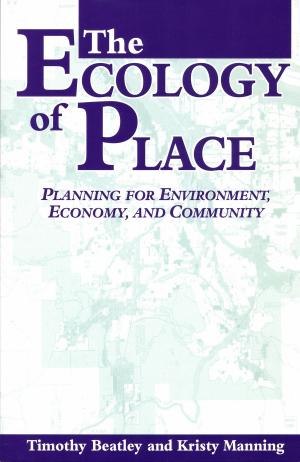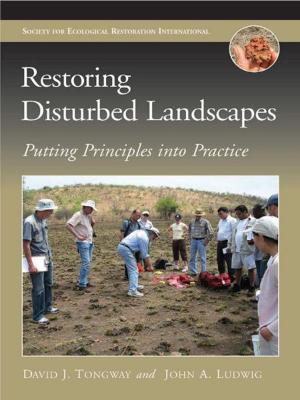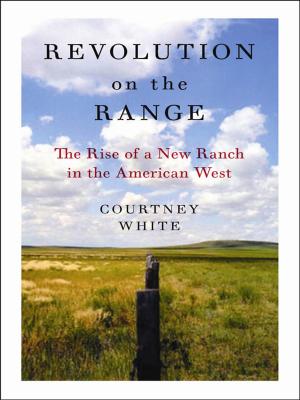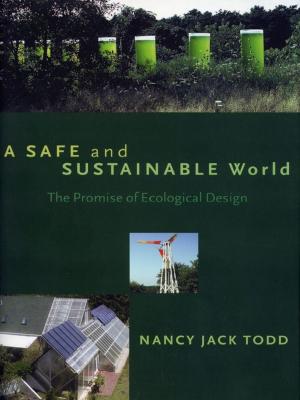Making Nature Whole
A History of Ecological Restoration
Nonfiction, Science & Nature, Science, Other Sciences, Applied Sciences| Author: | William R. Jordan, George M. Lubick | ISBN: | 9781610910422 |
| Publisher: | Island Press | Publication: | July 26, 2011 |
| Imprint: | Island Press | Language: | English |
| Author: | William R. Jordan, George M. Lubick |
| ISBN: | 9781610910422 |
| Publisher: | Island Press |
| Publication: | July 26, 2011 |
| Imprint: | Island Press |
| Language: | English |
Making Nature Whole is a seminal volume that presents an in-depth history of the field of ecological restoration as it has developed in the United States over the last three decades. The authors draw from both published and unpublished sources, including archival materials and oral histories from early practitioners, to explore the developmof the field and its importance to environmental managemas well as to the larger environmental movemand our understanding of the world.
Considering antecedents as varied as monastic gardens, the Scientific Revolution, and the emerging nature-awareness of nineteenth-century Romantics and Transcendentalists, Jordan and Lubick offer unique insight into the field's philosophical and theoretical underpinnings. They examine specifically the more rechistory, including the story of those who first attempted to recreate natural ecosystems early in the 20th century, as well as those who over the past few decades have realized the value of this approach not only as a critical elemin conservation but also as a context for negotiating the ever-changing relationship between humans and the natural environment.
Making Nature Whole is a landmark contribution, providing context and history regarding a distinctive form of land managemand giving readers a fascinating overview of the developmof the field. It is essential reading for anyone interested in understanding where ecological restoration came from or where it might be going.
Making Nature Whole is a seminal volume that presents an in-depth history of the field of ecological restoration as it has developed in the United States over the last three decades. The authors draw from both published and unpublished sources, including archival materials and oral histories from early practitioners, to explore the developmof the field and its importance to environmental managemas well as to the larger environmental movemand our understanding of the world.
Considering antecedents as varied as monastic gardens, the Scientific Revolution, and the emerging nature-awareness of nineteenth-century Romantics and Transcendentalists, Jordan and Lubick offer unique insight into the field's philosophical and theoretical underpinnings. They examine specifically the more rechistory, including the story of those who first attempted to recreate natural ecosystems early in the 20th century, as well as those who over the past few decades have realized the value of this approach not only as a critical elemin conservation but also as a context for negotiating the ever-changing relationship between humans and the natural environment.
Making Nature Whole is a landmark contribution, providing context and history regarding a distinctive form of land managemand giving readers a fascinating overview of the developmof the field. It is essential reading for anyone interested in understanding where ecological restoration came from or where it might be going.

